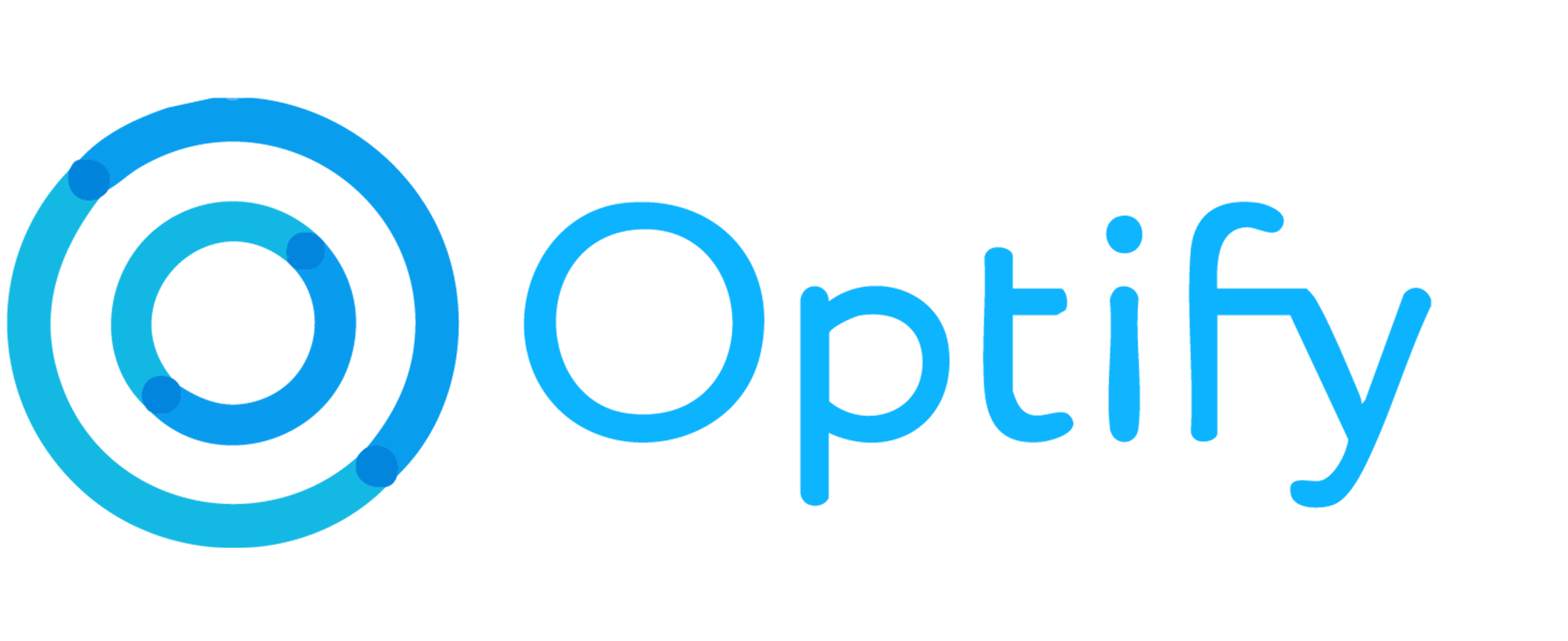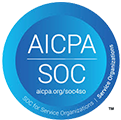
Leaders, Make the Most Of Your Coaching Engagement
Final post of our series on how to design and direct scaled coaching experiences to transform leaders and deliver impact to your organization.
A Series by Lisa Banks
“You are never too old to set another goal or to dream a new dream” – CS Lewis
Much has been written – by us included – about how organizations can plan, design, and execute leadership development programs with impact. The guidance is indispensable; it helps companies maximize their investment, build leadership capacity, and drive organizational objectives.
Yet, we often forget to speak directly to the leaders themselves as they prepare for their coaching journey. Like a pediatrician and parent who might discuss a child’s health and progress as though the child is not in the room, this oversight can deprive leaders of owning that their “health and progress” is firmly in their hands.
We find that the more coaching clients know about what to expect, the more they take full advantage of the opportunity right from the start. To set leaders up for success in your scaled coaching program, the final article in this series shines a light on what author Michael Bungay Stanier cheekily terms the “mysterious ‘black box’” of coaching. This one’s for you, leaders.
If you’re reading this, you and a group of your colleagues have likely been told you will have a leadership coach. Congratulations! We imagine you’re pleased that your professional development is on the C-suite’s mind. And, we’re pretty confident that you want to ensure that your time is well spent and that you and others will “see” a positive difference in your leadership at the conclusion. How can you be sure?
As a leader recently asked me in an introductory coach/client ‘fit’ call,
“How will you gauge if it’s been a successful engagement at the end of our six months working together?”
“The thing is,” I told him, “it doesn’t matter what I think. What matters is how you assess your success. What do you want to be new, different, or better in six months? My role is to support, challenge, and partner with you to walk the path there.”
Coaching is a trust-based enterprise through which you can build the skills and awareness to perform at your best in your role and ensure that your new learning and behaviors stick. Here’s the catch. Your results depend on your mindset and your willingness to engage fully in the process.
To get the most out of your coaching engagement, partner transparently with your coach, bring a growth mindset, and commit fully to the process. Here’s how:
Know you’re not alone
Your coach is a skilled partner and guide. They bring extensive knowledge about leadership and development and a sharpened capacity to listen deeply and be curious about you. Coaches are cheerleaders and provocateurs, intuitive and practical. What they won’t do is give you the answers or tell you what you should do to achieve your goals.
Excellent coaches know that the only solutions you can fully live into and sustain are the ones you find for yourself. And, they are going to poke and prod and support you there. Select a coach you feel comfortable with and trust the process.
You can count on your coach to:
- Personalize the coaching to match your needs and learning style,
- Ask lots of great questions,
- Push you to challenge your thinking,
- Offer learning and resources,
- Hold you accountable to the process and your goals, and
- Offer a 100% judgment-free zone where you can learn and grow.
Prime your mindset
Mindset is the collection of thoughts, beliefs, and assumptions that inform how you respond to situations. It can be as simple as your frame of mind, which you can alter in a moment with awareness, or it can be a fixed mental attitude, which requires time and practice to unwind.
Whether flexible or fixed, your mindset drives your actions, which in turn drives your results. In short, the ideas and attitudes with which you approach a situation have a huge impact on how you behave in it, and on the outcomes you ultimately achieve.
To be sure, some mindsets require excavation and intentional practice to shift. (You’ll likely tackle a few of your stickier mindsets with your coach.) However, when it comes to priming your attitude for the start of the program, consider thinking of your coaching engagement as a “learning laboratory.” This frame of mind keeps you curious and open to what you will observe and learn in the course of your coaching and discourages your judgments and unhelpful assessments about “how you’re doing” at any given moment.
With your researcher mindset firmly in place (white lab coat optional) you and your coach will be able to:
- Gather data about your leadership and reflect honestly on what’s working and what’s not,
- Determine which new skills you need or behaviors you want to change,
- Create a hypothesis about how you will unlock new behaviors,
- Set goals and identify action steps and success indicators,
- Co-design practices and experiments to test out your theory in the course of your workday, and,
- Evaluate your success along the way, making adjustments where needed or building consistency around what’s working.
Commit to habits that support the process
Beyond your mindset, committing to solid practices that enhance your coaching experience will keep the process on track. Science confirms that routines help us stay efficient with our time and mentally prepare us for each task to which we’ve committed. Routine activity also creates a consistent log of information from which we can gauge progress.
Meet regularly with your coach. Depending on your coaching program’s guidelines, we recommend meeting every two to three weeks; this gives you enough time to observe and practice behaviors between meetings while not letting so much time pass that you’re back at square one at the next meeting. Many clients schedule a bi-weekly standing meeting for the entire engagement to ensure consistency.
Prepare in advance for each meeting. A coaching meeting involves not just a great conversation but a purposeful one. At the start of each meeting, your coach will ask what feels important to work on and what you hope to leave the meeting with. Spending time before the meeting to think about what’s been on your mind will help focus the meeting to get you what you need.
As you choose a topic or two to bring to the meeting, consider:
- What are my goals, and where am I in the process?
- Has there been a recent challenging situation I want to discuss?
- What have I been noticing?
- What am I curious about?
- What would be most helpful for me today?
Slow down and reflect. Personal growth requires leaders to cultivate deeper self-awareness by being curious about themselves and how they inhabit their world and by considering what they might not be seeing. To do this, they must quiet the noise of the work at hand and make time for reflection. While “take time to reflect” is the suggestion that leaders most frequently dismiss as indulgent and fluffy at the start of their coaching engagement, they unanimously report at the end that it was among the greatest gifts of the experience and one that generated their most profound ahas.
Consider making your coaching meeting a space for partnered reflection, introducing a pause practice that supports your journey, or finding another way to slow down and invite in the new connections and ideas that will spark your growth.
Leaders, coaching can be one of the most transformative experiences in your professional life. Grab your white lab coat, select a coach who will both support and challenge your thinking, take a breath, and enjoy the ride!
________________________




